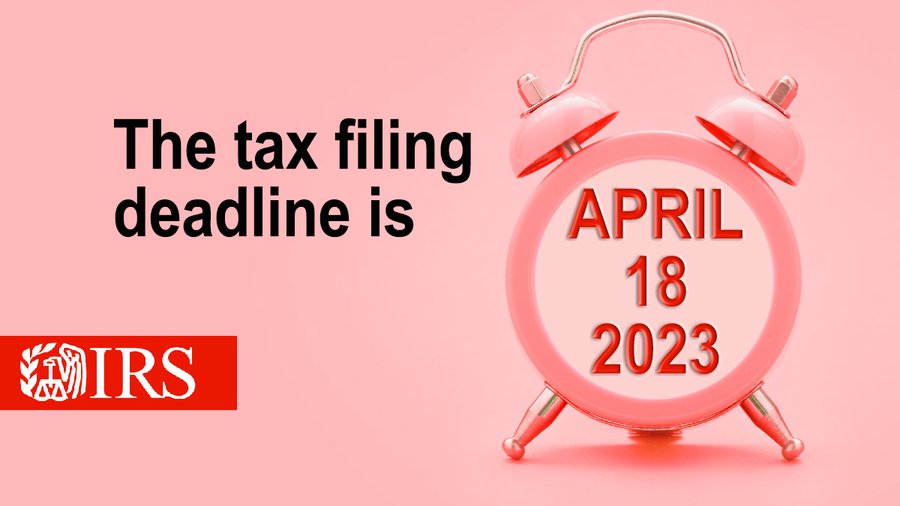Taxpayers who are unable to file their tax return by the deadline can request an automatic six-month extension to file on Form 4868. This extension allows for extra time to gather, prepare, and file paperwork with the IRS. It is important to note that an extension to file the tax return does not grant an extension to pay taxes owed. Taxpayers should estimate and pay any owed taxes by their regular deadline to avoid possible penalties. Your extension must be completed and sent by April 18, 2023.
Taxpayers can get an extension in a number of ways. Individual tax filers can use IRS Free File to electronically request an automatic tax-filing extension. Another common way is for taxpayers to ask their CPA to file an extension or taxpayers can use the online tax system use to prepare their taxes. Filing Form 4868 gives taxpayers until October 17th to file their tax return. As stated previously, taxpayers must estimate their tax liability on this form and pay any amount due by April 18th.
If a taxpayer has an estimated amount of taxes that they cannot pay, it is advised to pay as much as possible by the due date of April 18th. Paying as much as possible will decrease the total amount that is subject to penalty and interest charges. Taxpayers who are unable to pay their full tax liability can also work with the IRS to explore payment options. To pay off their balance gradually, most individuals can establish a payment plan on IRS.gov.
The current interest rate of monies due is four percent annually, compounded daily. However, this is much better than the late-filing penalty, which is typically five percent per month. If taxpayers file their return on time or request an extension before the April 18th deadline, they can avoid the late-filing penalty, which is ten times more expensive than the penalty for not paying.
Some states require filing a separate state extension form, so extension rules for the state must be researched. As with federal tax, state tax must be estimated and paid by April 18th even if a taxpayer gets an extension to file the return to avoid penalties.
Eligible taxpayers who meet certain criteria are granted additional time to file their tax returns without the need to request an extension. These qualifying individuals include U.S. citizens and resident aliens residing and working outside of the United States and Puerto Rico, who receive a 2-month automatic extension to file their tax returns and have until June 15th to do so. However, failure to pay taxes by the April 18th deadline will incur interest charges. Similarly, members of the military serving abroad are granted an automatic two-month extension to file their returns, while those serving in combat zones are given up to 180 days after they leave the combat zone to file their returns and pay taxes due. Additionally, the IRS may postpone certain taxpayer deadlines for taxpayers in areas affected by disasters, as declared by the President.
